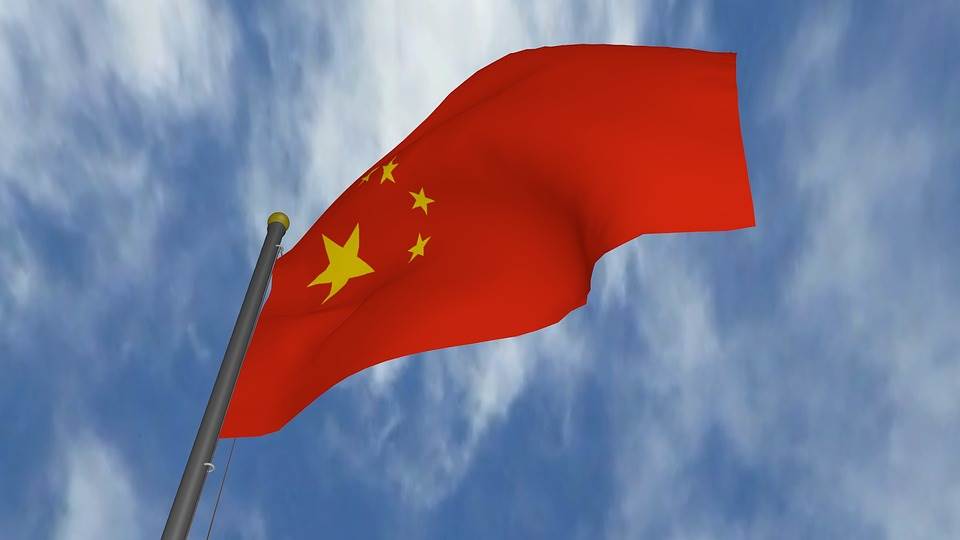 Analysts had anticipated that the decline in Chinese exports would continue in July with predictions of a contraction of 2% over the June figure. However, the July result was substantially rosier than predicted coming in at a growth of 3% relative to the previous month.
Analysts had anticipated that the decline in Chinese exports would continue in July with predictions of a contraction of 2% over the June figure. However, the July result was substantially rosier than predicted coming in at a growth of 3% relative to the previous month.
The pessimism over Chinese exports was as a result of the on-going (and, indeed, intensifying) trade war with the USA which has seen the US raise billions of Dollars of tariffs on Chinese imports to the US. This has caused China to retaliate with its own tariffs on goods that it imports from the US. The intention behind the tariffs is to get China to agree to changes in its trade practices that the US wants by making Chinese goods increasingly less competitive in the US market. If US buyers want Chinese goods, the price they must pay is higher (fuelling US inflation), making domestic goods (or other products imported from other nations) more attractive, or so the US administration hopes. The US has announced further tariffs will be applied to Chinese imports from next month, levying a 10% burden on $300 billion worth of goods.
China imported 5.6% less in July than the previous month, but this reduction was smaller than the 8.3% decline in its imports that had been anticipated.
China has allowed its currency to weaken against the Dollar (making Chinese imports to the US marginally cheaper) with the Yuan dipping below the value of 7 to the Dollar this week for the first time in 11 years. Comments by President Trump suggesting that the US Dollar is too strong have led to fears of a potential currency war, but there is no evidence of this starting yet. Since much of the world’s trade is conducted in US Dollars, may depreciation of the currency could lead to the base price of commodities rising - this is likely to outstrip any gains against other currencies, of course, potentially pushing up inflation in global markets. It is likely that the Federal Reserve would strongly oppose any pressure on it to manipulate the value of the Dollar for political reasons since that would be against the bank’s terms of reference which call on it to keep the value of the currency stable.
